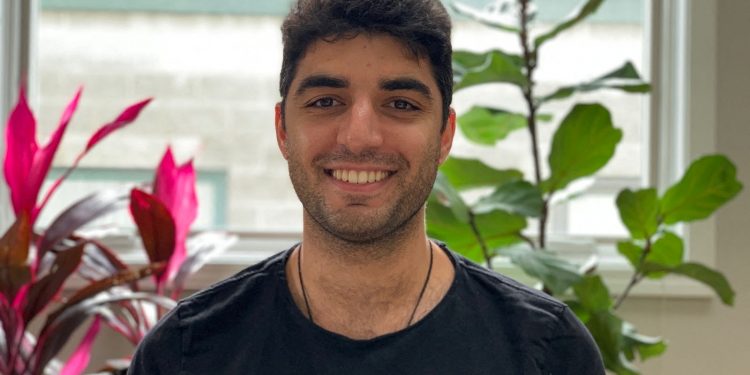Cent, the company that last year helped Jack Dorsey auction an NFT of his first tweet for $2.9 million, is temporarily halting most transactions to address “rampant” sales of fake and plagiarized tokens. In an interview published on Friday, Cameron Hejazi, the CEO and co-founder of the company, told Reuters Cent stopped allowing users to buy and sell most NFTs on February 6th. It continues to operate its Valuables marketplace, the place where people can purchase non-fungible tokens of tweets, but that’s about it.
“There’s a spectrum of activity that is happening that basically shouldn’t be happening – like, legally” Hejazi told Reuters. He said Cent has tried to ban bad actors but compared the effort to a game of whack-a-mole. “Every time we would ban one, another one would come up, or three more would come up,” Hejazi said.
Last month, OpenSea, one of the largest NFT marketplaces on the internet, said more than 80 percent of the tokens recently created through its free minting tool involved plagiarized work, fake collections and spam. The admission came after the company had tried to limit the number of NFTs users could mint for free. After reversing the decision, the company said it was working on several solutions to deter bad actors. Before January’s announcement, artists and photographers had complained for months that the company hadn’t done enough to address the issue of plagiarism.
“I think this is a pretty fundamental problem with Web3,” Hejazi told Reuters. In the immediate future, he said Cent may introduce centralized controls to facilitate a reopening of its marketplace. The company could then later explore more decentralized solutions to the problem.
All products recommended by Engadget are selected by our editorial team, independent of our parent company. Some of our stories include affiliate links. If you buy something through one of these links, we may earn an affiliate commission.
Source by www.engadget.com















































